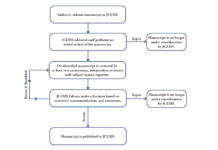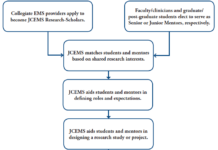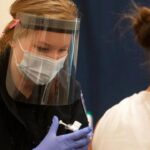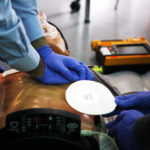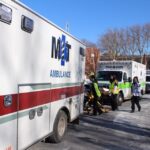Lessons Learned and Opportunities for CBEMS Growth Following the COVID-19 Pandemic
JCEMS shares stories from CBEMS agencies and discuss potential areas of growth for CBEMS agencies moving forward.
Reflecting and Rebuilding after 2020
The JCEMS Team reflects on the challenges of 2020, the courage and compassion of collegiate EMS providers, and the next steps for the collegiate EMS community to move forward.
Inside the JCEMS Team
JCEMS is proud to be managed by a team of all volunteers that includes recognized experts in prehospital emergency care as well as student-leaders. Here we offer an inside look at the organizational structure of JCEMS and share opportunities to join the team.
Peer Review of Collegiate EMS Scholarly Literature
JCEMS employs a double-blind peer review process to filter manuscripts for publication. We believe that the process minimizes bias, promotes fairness, encourages appropriate criticism, and strengthens the quality of submitted manuscripts.
The JCEMS Research Mentorship Program
JCEMS developed a Research Mentorship Program to build research capacity in the collegiate EMS community.
Research and Scholarship in Collegiate Emergency Medical Services
JCEMS and NCEMSF are spearheading the drive to promote research and scholarship in the field of campus-based prehospital emergency care.




